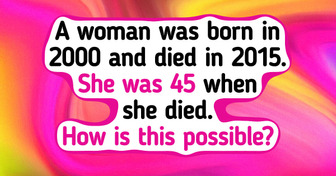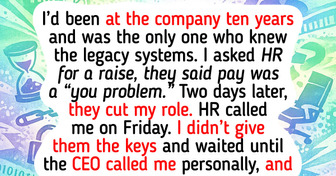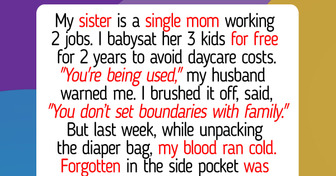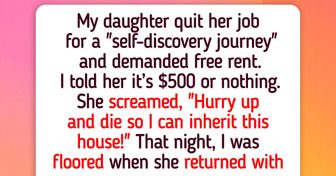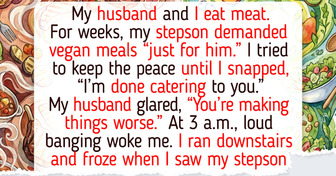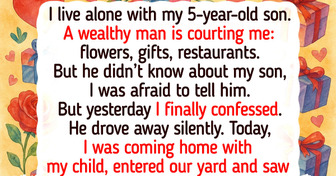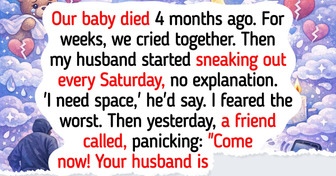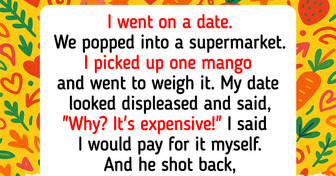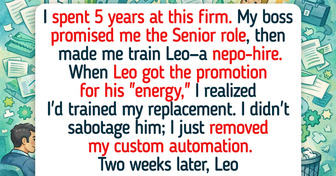14 People Who Proved Guardian Angels Quietly Walk Us by the Hand

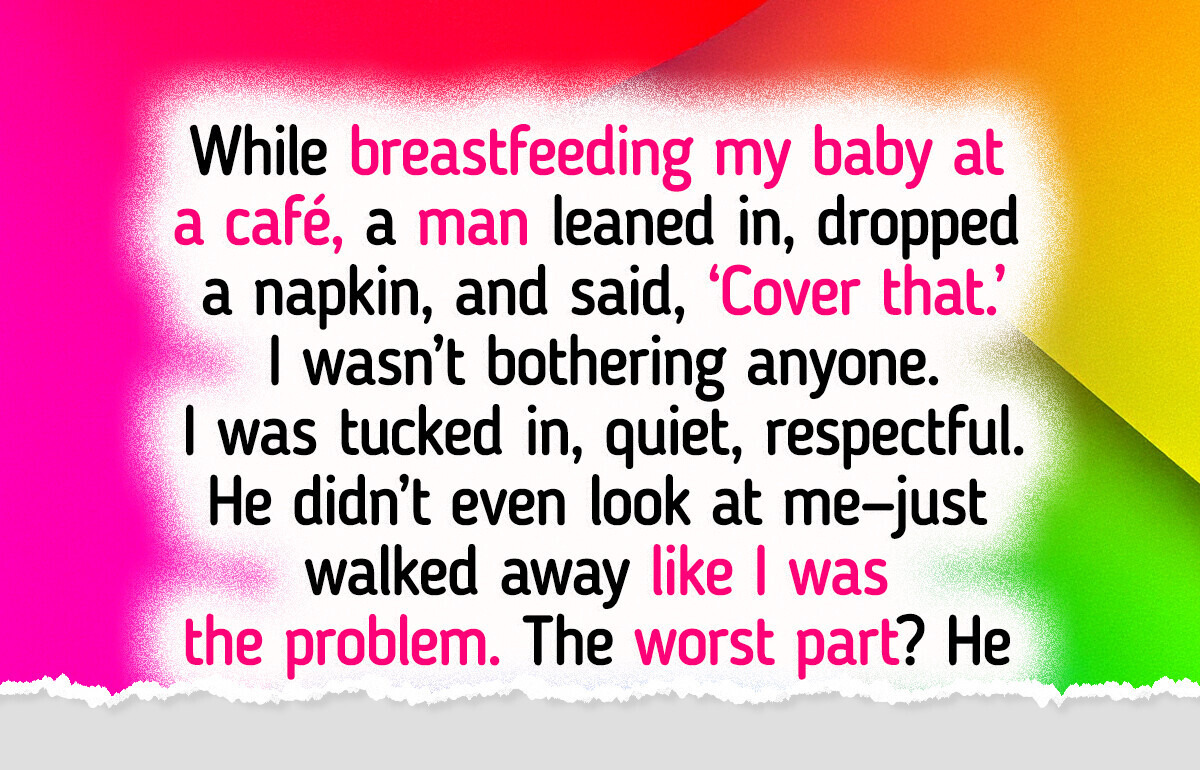
One of our readers recently shared a moment that left her stunned, hurt, and questioning why something as natural as feeding her baby could spark such quiet hostility.

“I was sitting in the corner of a café, feeding my 3-month-old daughter. She was calm and latched on. I had a blanket, but she kept pushing it off — it was warm, and she hates being covered.
Out of nowhere, this man — maybe mid-50s — walked over. He didn’t say anything at first, just slipped a napkin onto my table and leaned in like he was telling me a secret.
Then he whispered, ‘You should cover that.’
No eye contact. Just dropped the line and walked back to his table like he’d done the world a favor.
I just froze. I wasn’t exposed. I wasn’t bothering anyone. I was feeding my baby quietly, minding my business.
The worst part? He had a kid with him — probably around 7 years old.
Like... what exactly was I ‘exposing’ him to? A mom feeding her baby?
I didn’t say anything. I packed up, left early, and cried in the car. Not because I was ashamed, but because someone turned a peaceful moment into something gross.
Next time, I’m not moving.”
Thank you for writing us!

Breastfeeding is often portrayed as a joyful and natural bonding experience between a mother and her baby. But for many women, it’s also filled with pressure, self-doubt, and unexpected emotional pain.
A recent two-part study set out to better understand why so many mothers feel shame and guilt when it comes to feeding their infants — and how these emotions can affect both mental health and feeding behaviors.
Across two studies involving nearly 280 mothers, researchers explored how emotions influence a woman’s experience with breastfeeding — and how those feelings may be linked to internalized stigma.
The first study found that mothers who experienced more guilt while feeding their babies were likely to stop exclusively breastfeeding sooner. While shame also appeared, it was guilt — often tied to the feeling of “failing” or letting someone down — that most strongly predicted shorter breastfeeding duration.
The takeaway? Guilt may quietly discourage many women from continuing, even when they want to.
Interestingly, researchers discovered that both breastfeeding and formula-feeding mothers reported feeling stigmatized — especially when their feeding methods didn’t match social expectations. Feelings of shame were linked to this internalized stigma, particularly among moms who had lower self-esteem or less social support.
Even when no one said anything directly, many mothers absorbed the message that they were doing something “wrong” simply by the way they fed their child.
The takeaway? It can be time to stop moralizing how women feed their babies and start supporting them emotionally, no matter the method. Whether through professional guidance or just a listening ear, helping moms feel seen, supported, and unjudged could make a huge difference in both mental health and breastfeeding outcomes.
14 Tips Every Parent Should Know to Help Their Baby Learn Things

